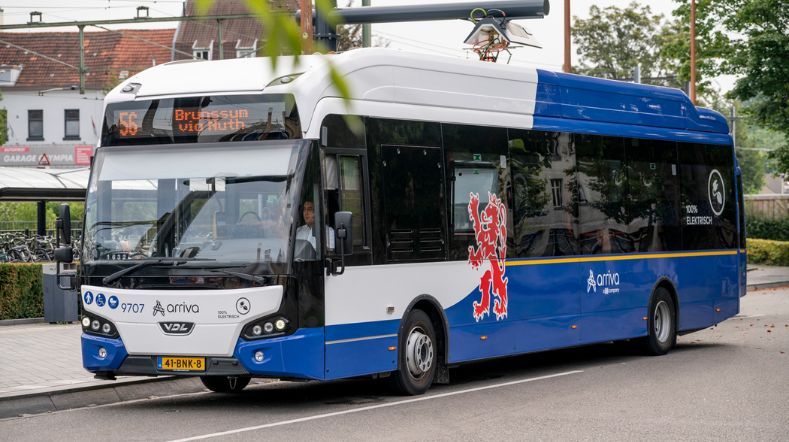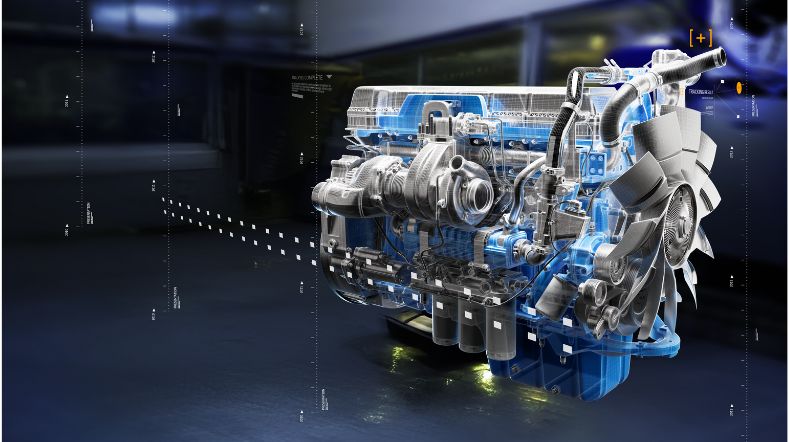The transition to carbon-neutral mobility by 2050
The climate goals call for big steps within the field of mobility. By 2050, CO2 emissions must be reduced by 80 to 95 percent compared to 1990. This is only possible through a coherent set of measures and by directing the transition from government and industry.
At TNO, we develop knowledge that enables governments and companies to make the right choices. In the short and longer term.
Smart combinations
Traffic, logistics, urban planning, spatial planning and energy systems influence each other. Therefore, we can only achieve CO2-neutral mobility by cleverly combining many measures, energy-efficient vehicles, electric transport, sustainably generated energy and control of the growth of the vehicle fleet and the number of traffic movements. On top of that come innovations, such as “Mobility as a Service,” which can quickly change the balance. We have knowledge of all these components and can make the connections between them.
System approach based on knowledge and data
In our system approach, the effectiveness of measures can be compared and calculated with each other and in combination. Our approach is based on analysis of an enormous amount of measurement data on fuel consumption and CO2 emissions of vehicles and vessels. We also use data from other data sources. We have our own models that calculate the relationship between CO2-saving measures.
With our approach, we work on solutions in a way that is practical and economically feasible or even profitable for governments and companies. We offer these parties an overview of the steps needed to achieve the targets in 2050. In doing so, we help governments and businesses with action perspectives in the transition to CO2-neutral mobility.
Support for policy makers
We support policy makers at all levels of government so that they can make decisions around CO2 reduction in the mobility sector. One of the ways we do this:
- We conduct impact assessments to determine the effectiveness of policies. This allows governments to make sound decisions and arrive at strong and effective policies.
- We help with a concrete roadmap and adjusted programming of a combination of measures to achieve climate goals.
- We monitor progress and identify opportunities for adjustment.
Support for the business community
We also support the business community in reducing CO2. For example, we help the transport sector and fleet owners to make investment decisions. Think of technical and economic assessment of CO2-saving measures. We analyse the reduction potential as well as costs and benefits of measures.
In addition, we identify and analyse side effects of measures. For example, in the areas of noise, air quality and energy consumption. With our knowledge, companies can make future-proof decisions about the investments of today and tomorrow.
Accelerated transition to sustainable mobility
In this way, we contribute to an accelerated transition to sustainable mobility. We bring together knowledge and expertise from all relevant systems and thus support all parties in transport and mobility in reducing CO2 emissions.
- Inputs and considerations for estimating large scale uptake of electric vehicles in the Dutch passenger car fleet up to 2030 (pdf)(date 2018) (pdf)
- Potential CO2 reduction technologies and their costs for Dutch passenger car fleet 2015 (pdf) (pdf)
- Recent changes in the ownership and usage of oldtimers in the Netherlands: a summary 2014 (pdf) (pdf)
Get inspired
Health of electric bus batteries now measurable on-site via charger


TNO accelerates electrification of logistics and construction through a deeper understanding of batteries


The hydrogen engine ignites the future and earning power of Europe
Clean and robust hydrogen engine pivotal for achieving emissions targets heavy transport


TNO helps battery and vehicle sector with future-proof implementation of battery passport


